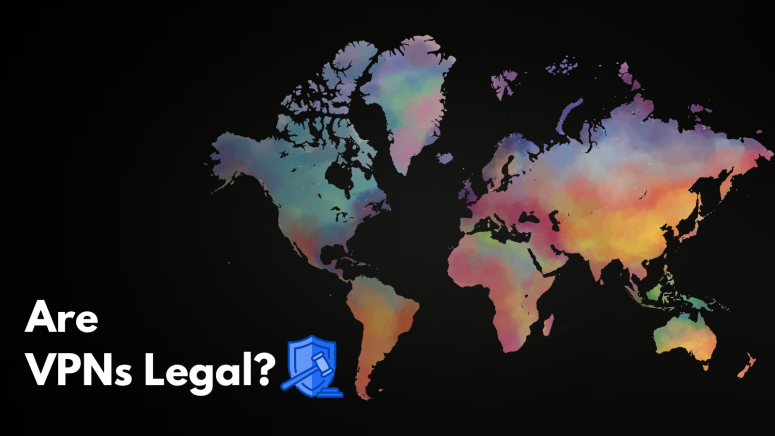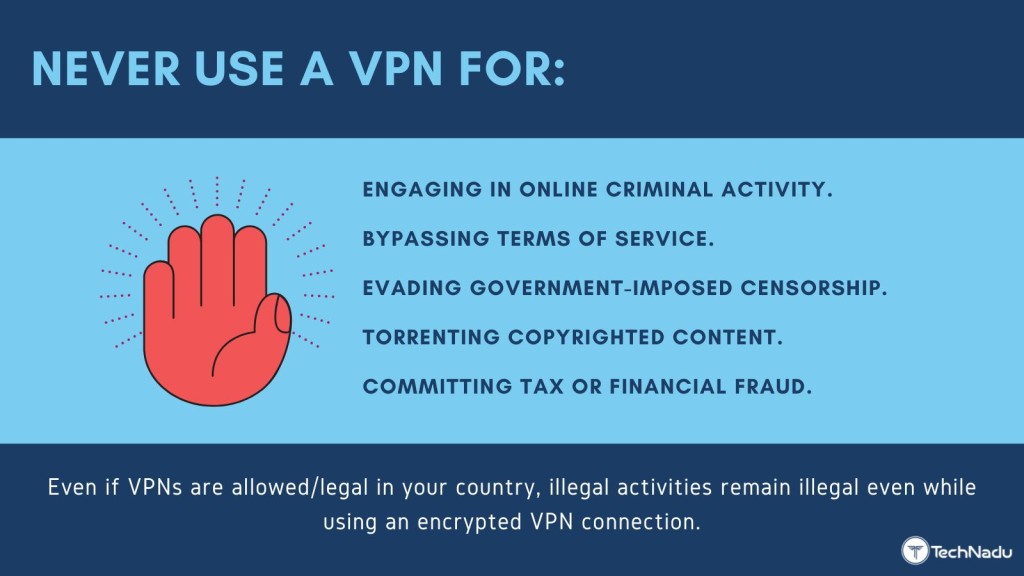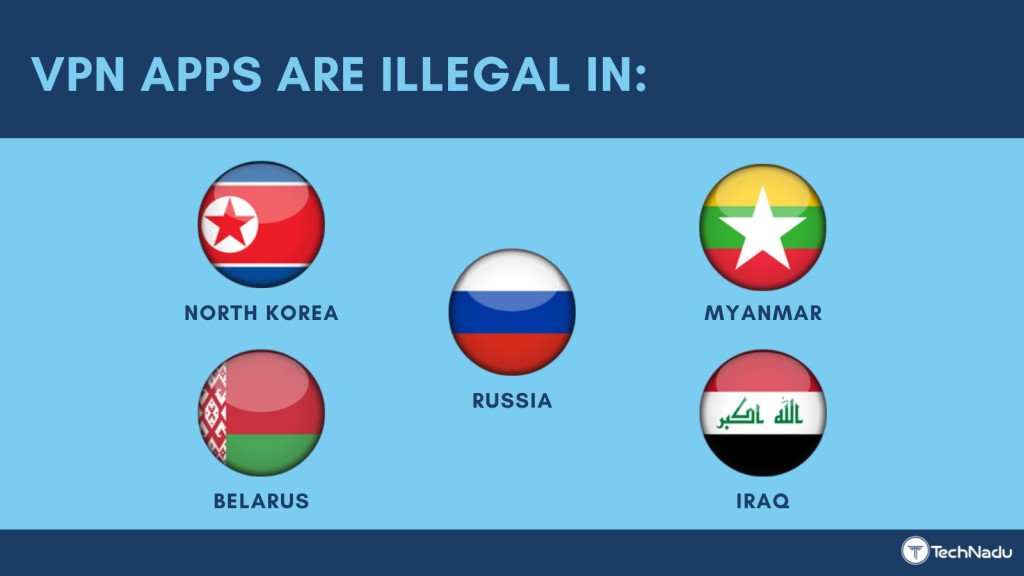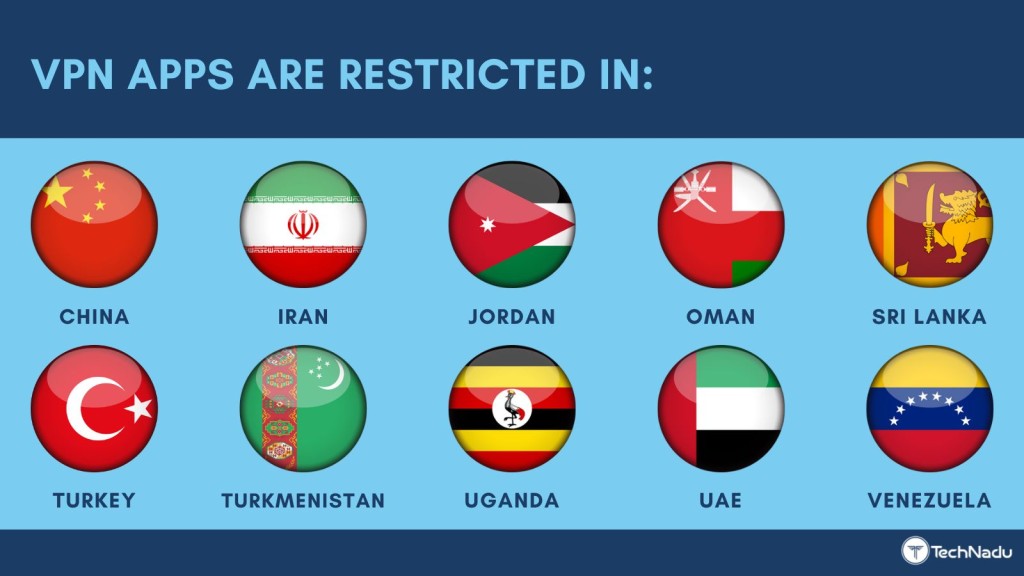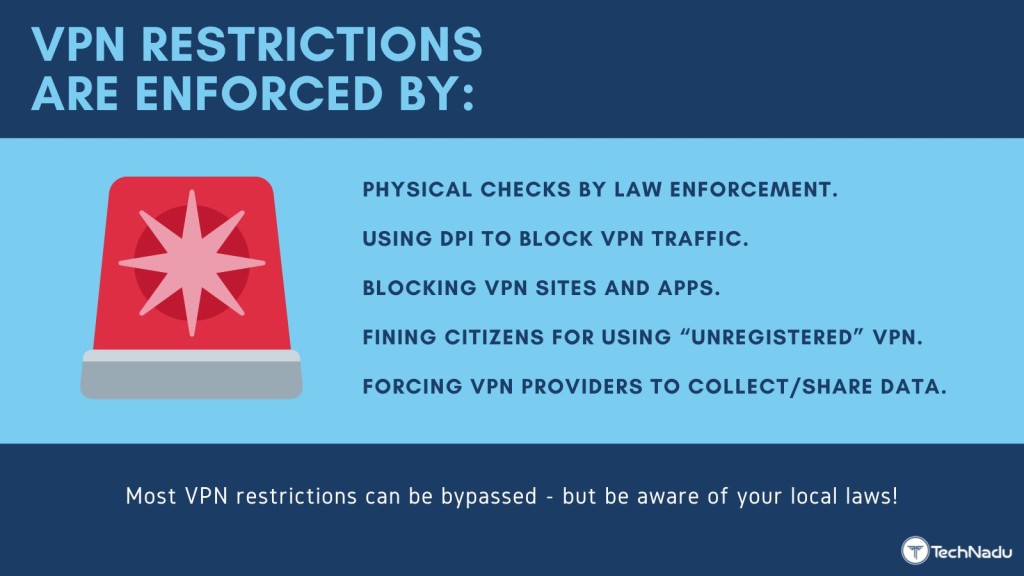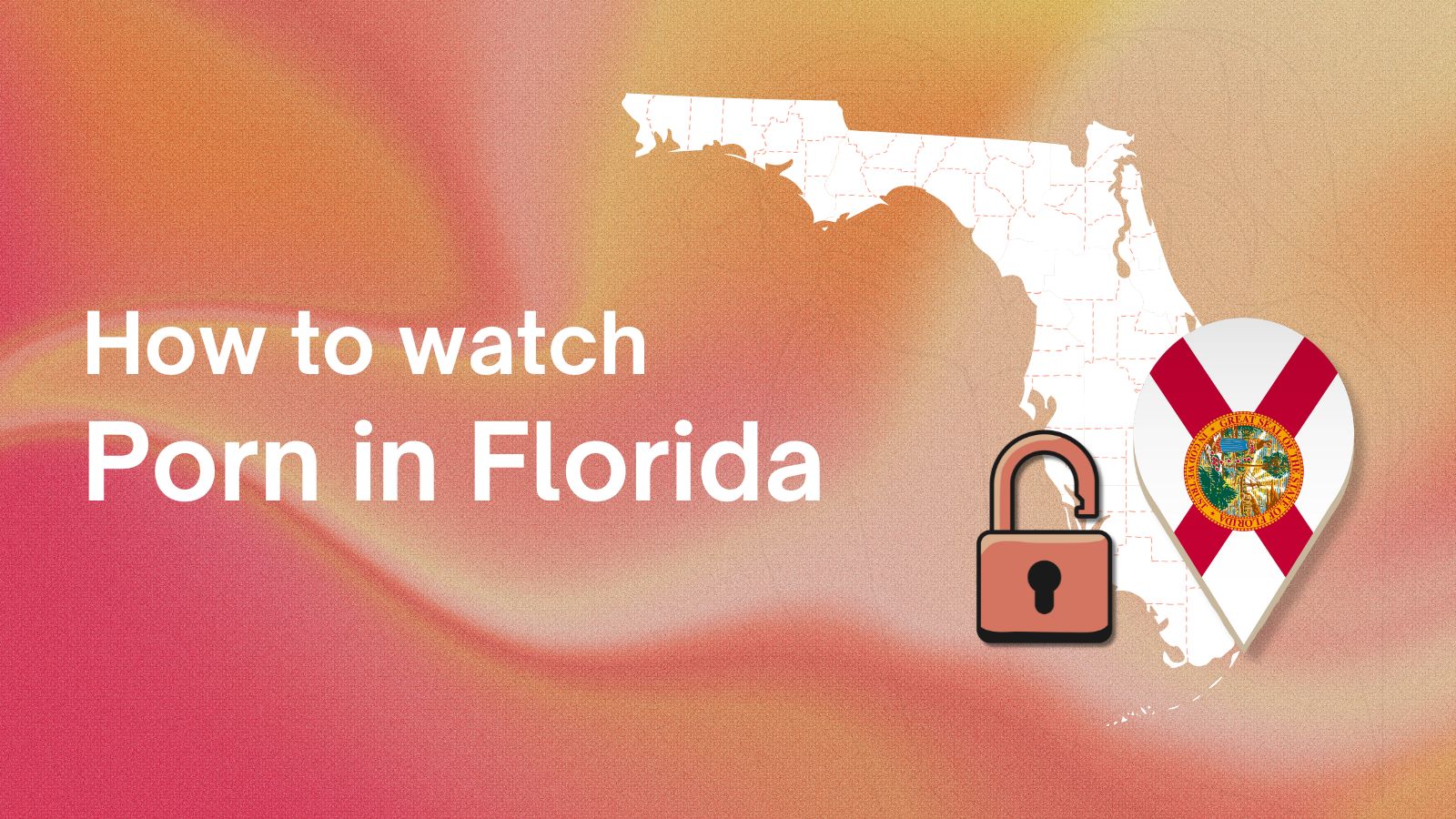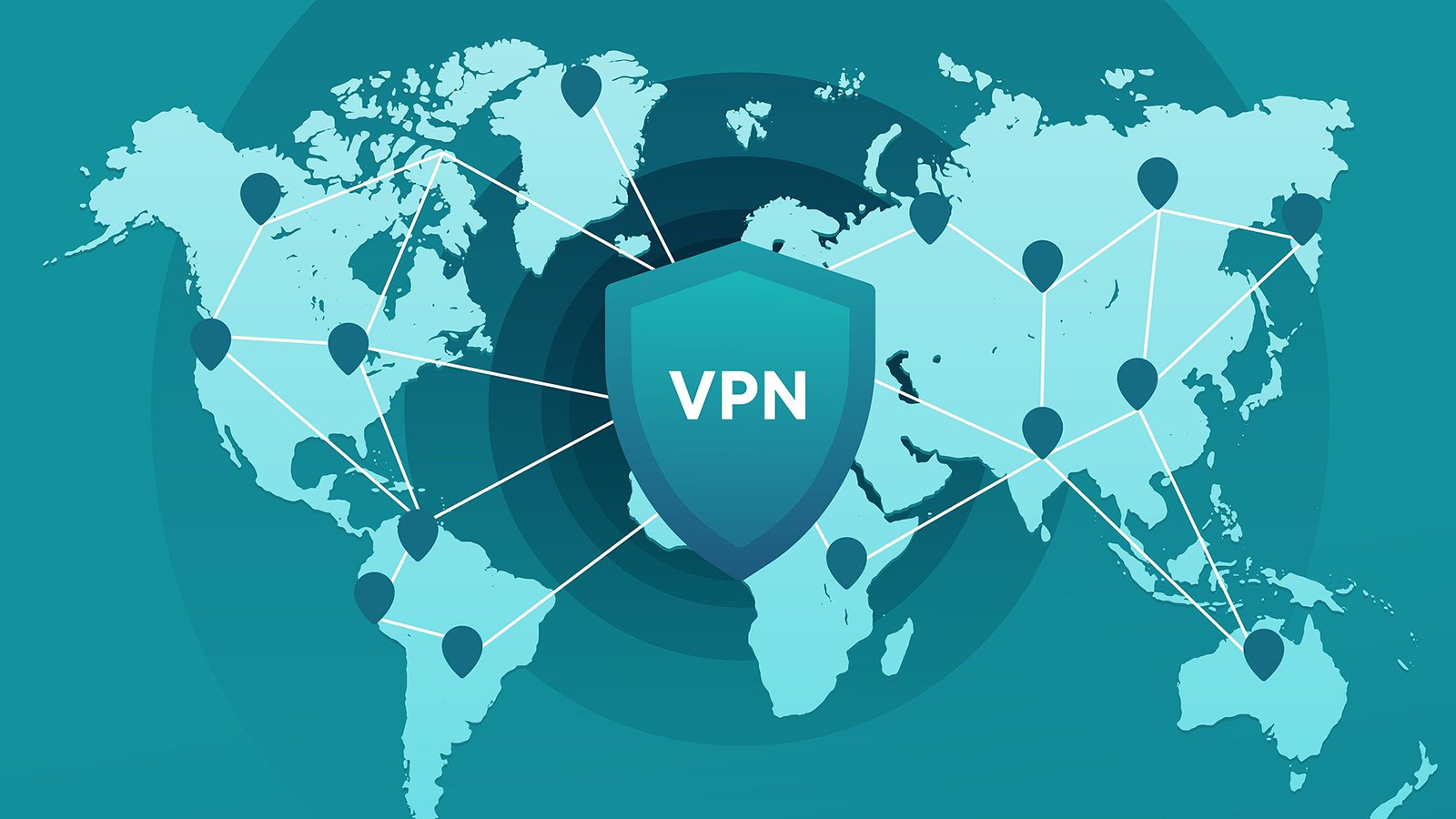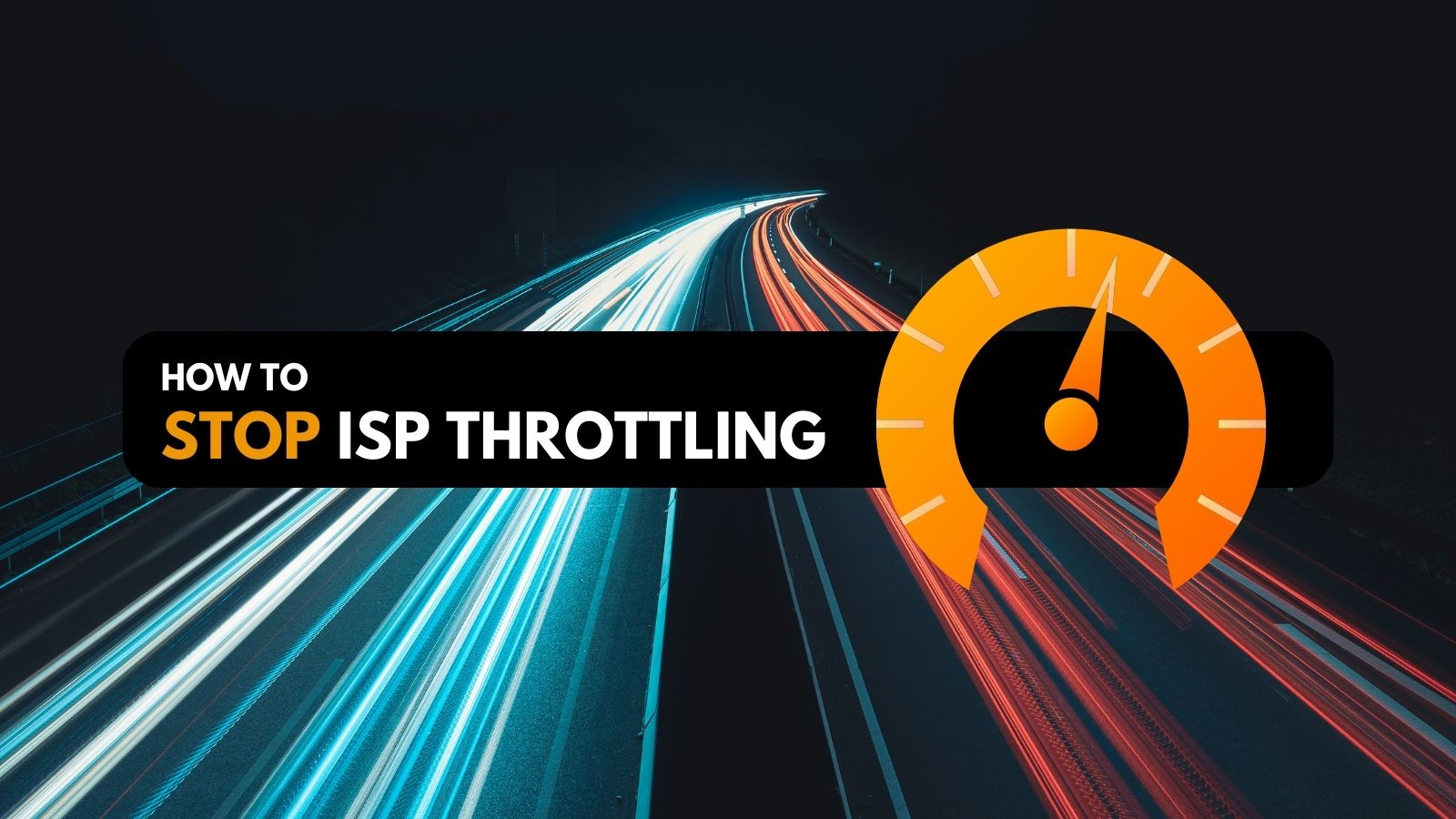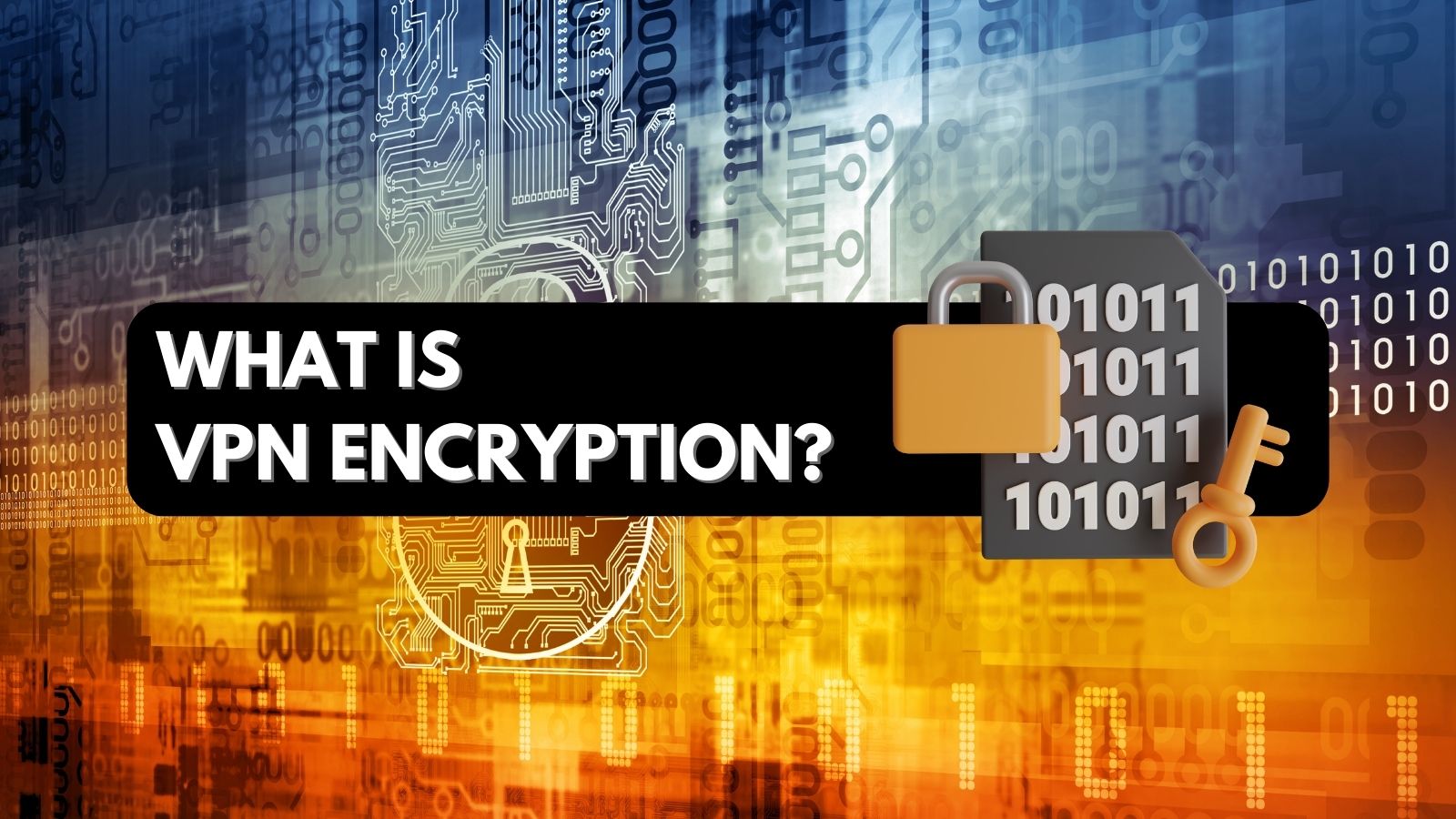
When you purchase through links on our site, we may earn an affiliate commission. Here’s how it works.
Are VPNs Legal or Illegal: All Pressing Questions Answered!
VPNs are legal in most countries except in a few authoritarian states with strict Internet censorship, such as North Korea and Iraq. Similarly, some countries have certain VPN restrictions. For instance, the Chinese government only allows state-approved VPNs and blocks other providers.
Regardless of their legal status in your country, you can still get in trouble with the law if you use a VPN for activities like cyberattacks, distributing copyrighted content, and online harassment. Remember that many VPNs keep user logs and may be obliged to give your data to government agencies if required.
This article will discuss the legality of VPNs in different countries. You will learn where VPNs are against the law, which countries have partial restrictions, and when using a VPN can be illegal even in countries where VPNs are allowed. After that, we'll help you pick the best VPNs to bypass firewalls and censorship.
Are VPNs Legal?
Yes, VPNs are legal in most countries. However, there is a blanket ban on VPNs in some countries with authoritarian governments (more about those later). Those governments see all privacy tools as a threat to their regimes.
Using a VPN in countries where they are illegal can result in severe penalties, including fines and imprisonment. Obviously, we don't recommend going for a VPN in those cases, no matter how advanced its features are, and even if it has obfuscated servers.
Also, some countries, like China and the UAE, have partial restrictions instead of a complete ban on VPNs. For example, China has blocked most commercial VPNs and only allows government-registered ones. However, Internet users can still unofficially access many VPN services in China.
Regardless of where you live, it's wise to be cautious and check the local laws before selecting a VPN provider and utilizing its services.
When Using a VPN Can Be Illegal (Even in Legal Countries)?
Even in countries where VPNs are legal, you cannot use them for illegal activities. They do hide your online activity and make you close-to-anonymous on the Web, but it's crucial to stay away from illegal or unethical territory, like the following:
- Engaging in Criminal Activities: Whether you do them through an encrypted connection or not, criminal activities remain illegal. That includes hacking, cyberstalking, Dark Web transactions, and hiding behind a VPN to engage in scams, phishing, etc.
- Terms of Service Violations: Keep in mind that some digital services, such as Netflix, Hulu, and Disney+, don't allow the use of VPNs to bypass geo-blocks. Per their terms of use, they reserve the right to freeze/shut down your account, even though that's rarely enforced.
- Evading Government-Imposed Censorship: Some governments might allow the use of VPNs but not for evading censorship. For example, accessing politically sensitive content is disallowed in some countries and may lead to legal prosecution.
- Torrenting Copyrighted Content: Copyright infringement is a serious offense in most countries, which is why many Internet providers throttle P2P traffic. You risk DMCA notices, warnings, and fines when downloading commercial/copyrighted movies.
- Committing Tax or Financial Fraud: You can't bypass country-based tax regulations using a VPN. Also, many crypto exchanges don't allow VPNs due to concerns over money laundering. They might freeze your funds if you're caught using a VPN connection.
Why Do Some Governments Restrict VPN Use?
VPNs are illegal in some countries because authoritarian governments want to maintain control over Internet users. In other words, VPNs hurt mass surveillance efforts because they allow people to access blocked websites, become anonymous, and express their opinions freely on the Internet.
Hence, oppressive regimes put restrictions on digital privacy tools or ban them. It's important to note that even in countries where VPNs are permitted, you cannot use them for downloading copyrighted material, cyberbullying, breaching security systems, and other unlawful activities.
On a side note, VPN restrictions in designated areas do not necessarily mean that VPN usage is unlawful. Colleges and workplaces are prime examples. Places like these often restrict VPN traffic and block social media sites and streaming services to prevent students/workers from consuming distracting content.
Countries Where VPNs Are Illegal
VPNs are illegal in countries with strict censorship laws and oppressive governments that want to control their citizens by monitoring their Internet activities. This is particularly true for nations with a long history of militarist ideologies.
Here’s a list of countries where VPNs are illegal.
- North Korea: The government of North Korea has a reputation for censorship, which includes blocking access to various social media sites. The country's citizens are limited to using a national intranet called "Kwangmyong" instead of the World Wide Web. The legality of VPNs in North Korea is unclear, with some reports suggesting that they are prohibited, while others indicate that certain providers might be allowed.
- Russia: There are strict laws on VPNs in Russia, and they can be considered partly illegal. That is because VPN providers require the government’s approval, for which they must follow a framework that includes logging data and banning specific sites/services. Today, unapproved VPNs in Russia are against the law, and users can face a fine of 300,000 RUB.
- Myanmar: VPNs in Myanmar are considered unofficially illegal, and there have been reports of people getting arrested for installing unauthorized VPNs on their phones. Officials can check anyone’s phone for privacy software and VPNs. Nevertheless, the demand for VPNs in Myanmar has been on the rise since 2021, when the military junta started censoring the Internet.
- Belarus: Belarus has implemented a crackdown on using VPNs and other technologies that hide Internet usage. VPNs and Tor have been added to a list of sites with limited access even though the country’s law does not explicitly declare VPNs unlawful. In 2015, it was announced that Tor would be blocked, and this was confirmed to be in effect by late 2016. Despite the risk of fines for users who are caught, people continue to use VPNs in Belarus.
- Iraq: The Iraqi government has declared VPNs unlawful to prevent ISIS and other terrorist groups from manipulating social media. The country also has a history of banning social media websites like Facebook and Twitter and chat apps like WhatsApp during times of civil unrest.
Countries Where VPNs Are Restricted
Most countries do not ban VPNs entirely. Instead, they place certain restrictions to maintain some form of control over the citizens. For instance, such countries often only allow VPNs by specific providers who have agreed to share user data with the government.
Now, let’s look at a list of countries that have partially restricted VPNs.
- China: VPNs are not technically illegal in China. However, the government has cracked down on unlicensed VPN providers. At the same time, the Great Firewall of China is in full force right now, with restrictions on social media websites like YouTube, Instagram, and Facebook. These platforms are also blocked on government-approved VPNs.
- Iran: Using VPNs in Iran is permitted only if you choose from government-approved VPN providers. However, accessing sites frequently blocked by the government, such as Facebook, Twitter, and YouTube, through VPNs has become a problem for many.
- Jordan: The government censors certain Internet content in Jordan, mainly content related to politics. However, there has also been reported censorship of LGBT-related content. While VPNs are allowed, they have been temporarily blocked in certain areas during times of civil unrest, such as in March and April 2021.
- Oman: Although using VPNs is not unlawful in Oman, the government has banned many unlicensed VPNs. Only licensed VPNs are allowed because the government censors the Internet heavily and regularly tracks potential criminal activities.
- Sri Lanka: VPNs are allowed in Sri Lanka. However, the government is prone to blocking social media websites and VPN apps during times of crisis, such as after the Easter Sunday suicide attacks in 2019.
- Turkey: Although using a VPN is not technically against the law in Turkey, the government has become stricter and started to block some VPN providers. Along with that, it also censors the Internet and blocks websites like Facebook, Twitter, and WhatsApp.
- Turkmenistan: VPNs in Turkmenistan are not illegal. However, they sometimes face temporary blocks. That is because it is one of the most heavily censored countries in the world due to the government's active surveillance. Furthermore, the country has only one Internet service provider, which is government-owned.
- Uganda. VPNs are allowed in Uganda. However, the government is increasingly encouraging people not to use VPNs. In 2021, after the national elections in Uganda, approximately 100 VPNs and various social media and chat apps were blocked by the government.
- United Arab Emirates. In the UAE, VPNs are not restricted. However, there are specific laws that address VPN usage. For instance, companies and institutions are allowed to use VPNs without restrictions. However, they are considered illegal when used for activities like watching pornography, Internet harassment, cyberbullying, and cyber attacks.
- Venezuela: The Venezuelan government has a history of blocking social media and chat sites, including Facebook and WhatsApp, and has recently threatened to increase restrictions. Although VPNs are legal in the country, they sometimes get blocked, as several popular ones were blocked in August 2020 by ISPs.
How Do Countries Enforce VPN Restrictions?
Countries usually enforce VPN restrictions by resorting to repressive methods like blocking, placing fines on users, deep packet inspection, and more. Let’s take a look at some of the most common ways of enforcing VPN restrictions:
- Physical checks from local law enforcement. Law enforcement officers can find out that you are using a VPN if they confiscate your PC or smartphone.
- Using DPI to block VPN traffic. This technique allows ISPs (Internet service providers) to identify and block VPN traffic. It can also be customized to prevent incoming or outgoing data flow from certain websites like social media. Generally, ISPs implement it in collaboration with the government.
- Blocking VPN apps and websites. Governments often block VPN websites and applications to prevent users from downloading them. Users then download apps from third-party sources as an alternative.
- Fining citizens if caught using unregistered VPNs. Oppressive governments usually impose fines on users for using unlicensed VPNs, which forces citizens to follow local laws.
- Asking VPN providers to share data. In order to grant licenses to VPN providers, governments often ask them to share user data regularly. This limits the options, forcing citizens to use government-approved VPNs that compromise their privacy.
What Could Happen If You Use a VPN Illegally?
If you use a VPN illegally, you can end up in jail, which is the worst scenario. However, in the best case, you may be able to get away with a small fine or just a warning. Different countries have different levels of strictness when enforcing restrictions on VPN usage.
If a country has banned VPN applications, they likely can also restrict access. Using a VPN on your personal connection or public Wi-Fi in these countries could be dangerous and unlawful.
In some countries like China, VPNs are not entirely restricted, but the police may request citizens and visitors to delete digital privacy tools from their devices. Along with that, Internet providers may also express their disapproval of VPN usage.
Best VPNs to Bypass Firewalls and Censorship
Unless they are prohibited in your country, you can bypass VPN blocks and firewalls. However, before choosing a VPN, we strongly suggest you look at your local laws and check for any restrictions.
Generally, the following VPNs are considered to be the most reliable for bypassing firewalls:
- NordVPN: This VPN lets you connect to obfuscated servers after setting OpenVPN as your primary protocol. Then, you can find these servers under the “specialty servers” category. Overall, NordVPN is excellent at bypassing firewalls, and it can easily go undetected, giving you access to any geo-blocked website.
- Surfshark: Using Camouflage mode, Surfshark can obfuscate your Internet traffic and make it look like regular traffic. On top of that, it can remove any VPN traces on your connection, which is great for bypassing restrictions based on blocking VPN ports. Keep in mind that Camouflage mode runs when using the OpenVPN protocol.
- ExpressVPN: When it comes to bypassing firewalls, ExpressVPN takes the lead because all its servers are obfuscated. Furthermore, it comes with 256-bit AES encryption, which is practically unbreakable. So, even if someone gets their hands on your information, all they will see is unintelligible text. In other words, information about your online activities will remain fully concealed.
- CyberGhost VPN: This premium VPN comes with strong 256-bit AES encryption and special streaming servers that can easily unblock geo-blocked streaming websites. Furthermore, it also comes with special streaming servers optimized for platforms like Netflix, HBO Max, Disney+, and more. So you can unblock geo-restricted content more efficiently.
Final Thoughts
VPNs are allowed in most countries, playing a crucial role in protecting online privacy and bypassing censorship. However, there are still many regions where VPN use is restricted or outright banned, making it essential to understand the risks involved before using one. Violating local laws could result in fines, legal action, or even imprisonment in extreme cases.
Bans and restrictions on VPNs are often implemented to maintain political stability, control over citizens, and national security. If you're in a region where the use of VPNs is questionable, we highly recommend researching your country's regulations and considering whether the potential benefits outweigh the risks.
Lastly, if you decide to use a VPN, pay attention to choose a highly secure and private provider. You don't want to leave a single stone unturned, so pick a VPN with obfuscated servers, highly secure protocols, unbeatable encryption, and a no-logs policy. Our recommendation would be NordVPN, which comes first among the top-rated VPN providers today.
We hope this article helped answer all your questions. If you have questions or remarks about any specific country, feel free to comment.

